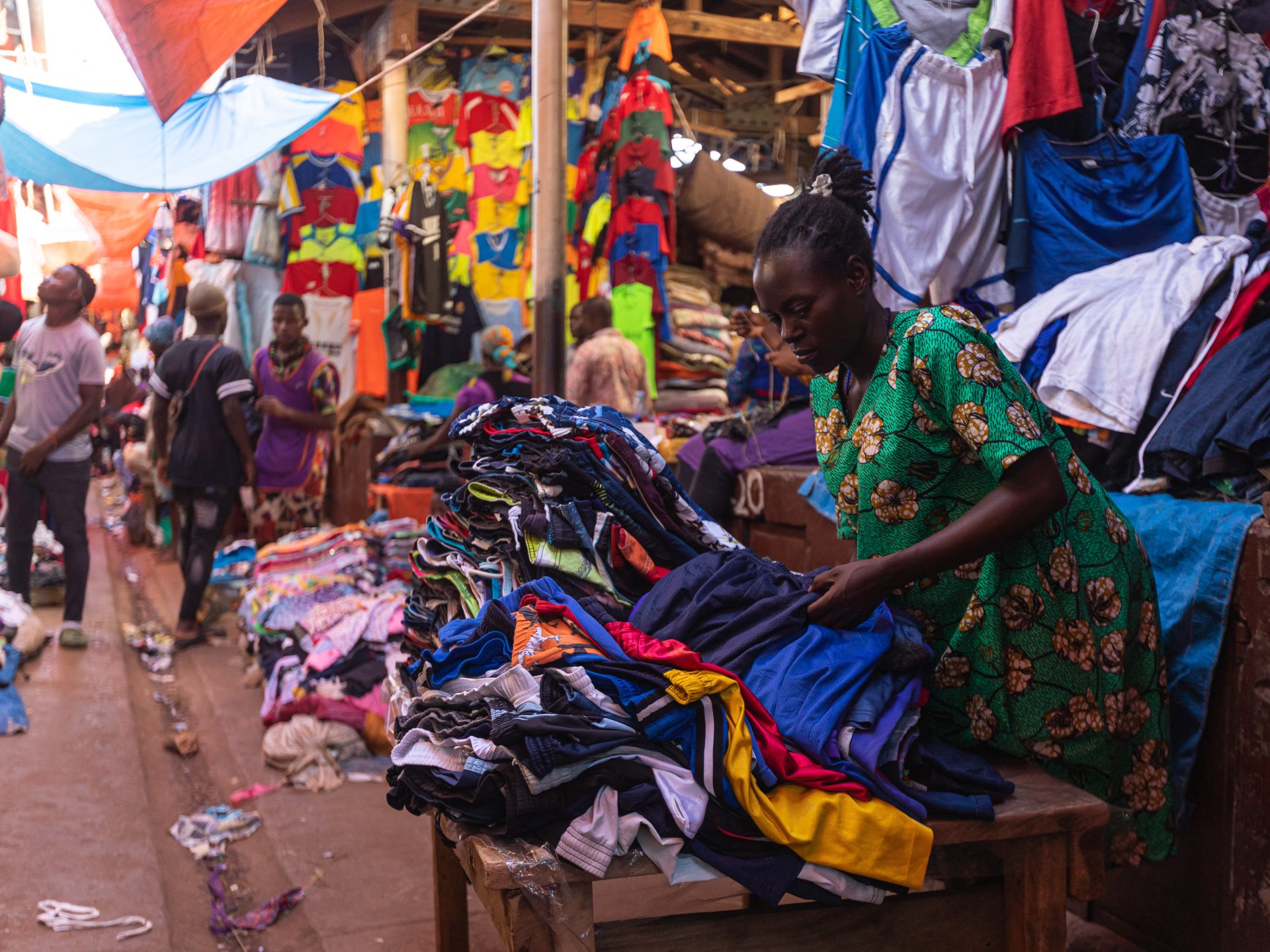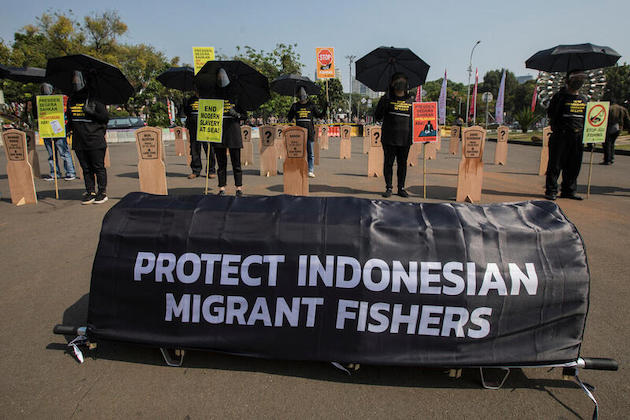‘Where is our future’: Uganda declares war on used clothing | Business and Economy
For nearly three decades, the chaotic, overcrowded Owino secondhand market in Uganda’s capital has been the cornerstone of Hadija Nakimuli’s life, helping the widowed shopkeeper build a house and raise 12 children.
But a potential government ban on the sale of used clothing threatens to sever this crucial lifeline for Nakimuli and tens of thousands of vendors like her.
“Where is our future if they stop secondhand clothes?” the 62-year-old asked, rummaging through her stash of underwear, dresses, shoes and bags.
Established in 1971, the sprawling market employs some 80,000 people, 70 percent of them women, according to Kampala city authorities.
“Other than students, my clients include ministers [and] members of parliament who call me to deliver clothes to their air-conditioned offices,” said Joseph Barimugaya, whose stall stocks menswear.
“This trade should not be tampered with. Everyone benefits, including the government, which gets taxes,” the father of four said.
Every day, hundreds of customers squeeze through the narrow alleys separating the makeshift wooden stalls, eager to grab a bargain.
Here, a secondhand Pierre Cardin blazer goes for 40,000 Ugandan shillings ($11), a fraction of the price of a new one.
“As a teacher, I earn less than 500,000 shillings [$131]. If I am to buy a new garment, it means I would spend all my salary on clothing,” Robert Twimukye, 27, said while shopping at Owino on a Saturday afternoon.
He is not alone.
Although there are no official figures available, the Uganda Dealers in Used Clothings and Shoes Association estimates that 16 million people – one in three Ugandans – wear used clothing.
Check out our Latest News and Follow us at Facebook
Original Source







